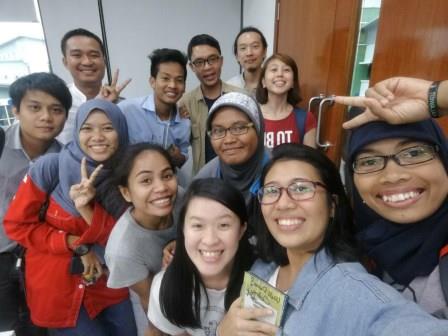News
Success of our first fully-fledged eLearning Wildlife Conservation Course
We celebrate the recent successful completion of our first eLearning Wildlife Conservation Course developed and directed by Dr. Cedric Tan. This course is an export of the WildCRU’s Recanati-Kaplan Postgraduate Diploma in International Wildlife Conservation Practice to a virtual learning environment. In October 2018, 120 conservationists from 15 Asian countries applied and 80 of them were selected to participate in the course.
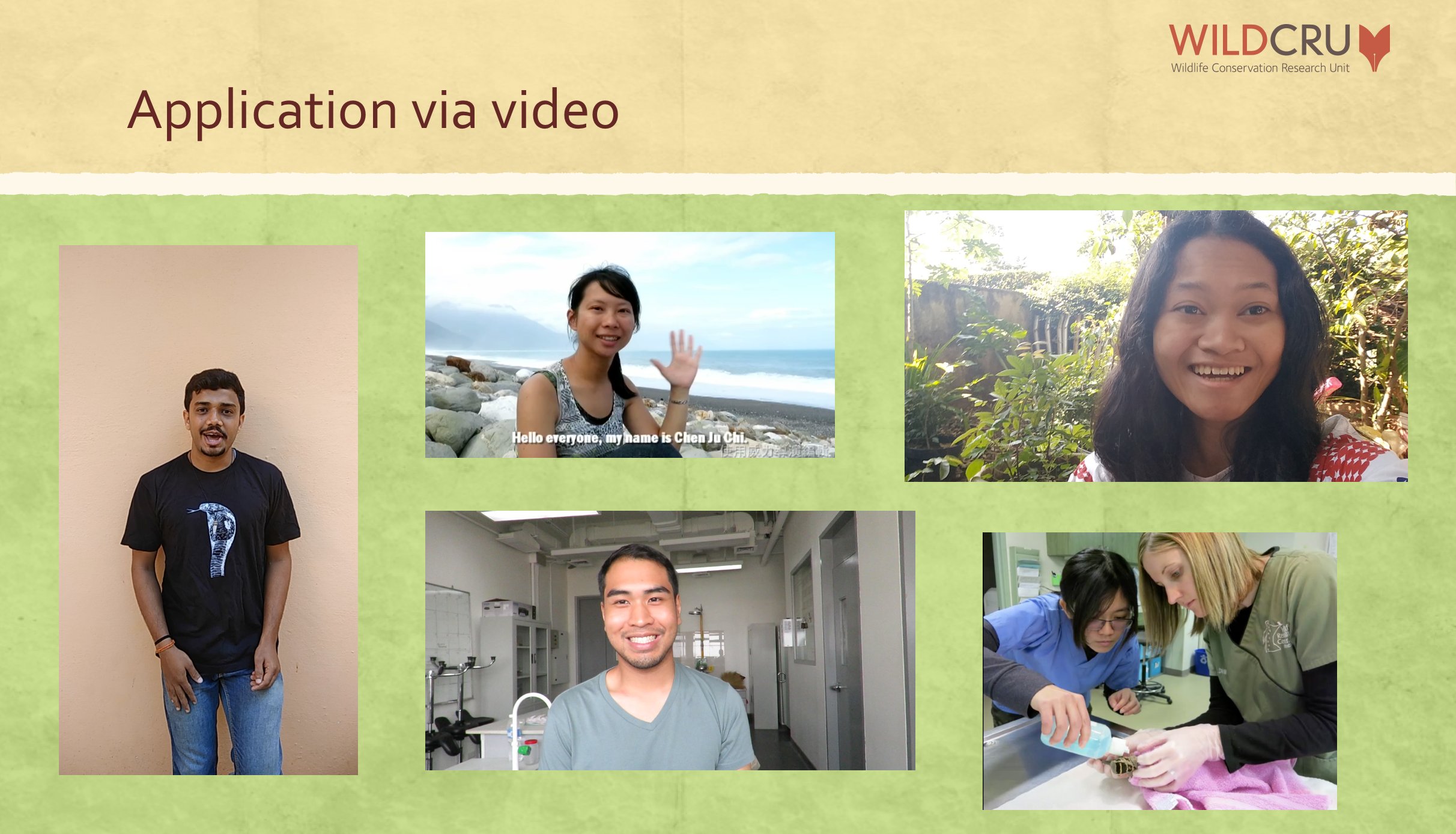
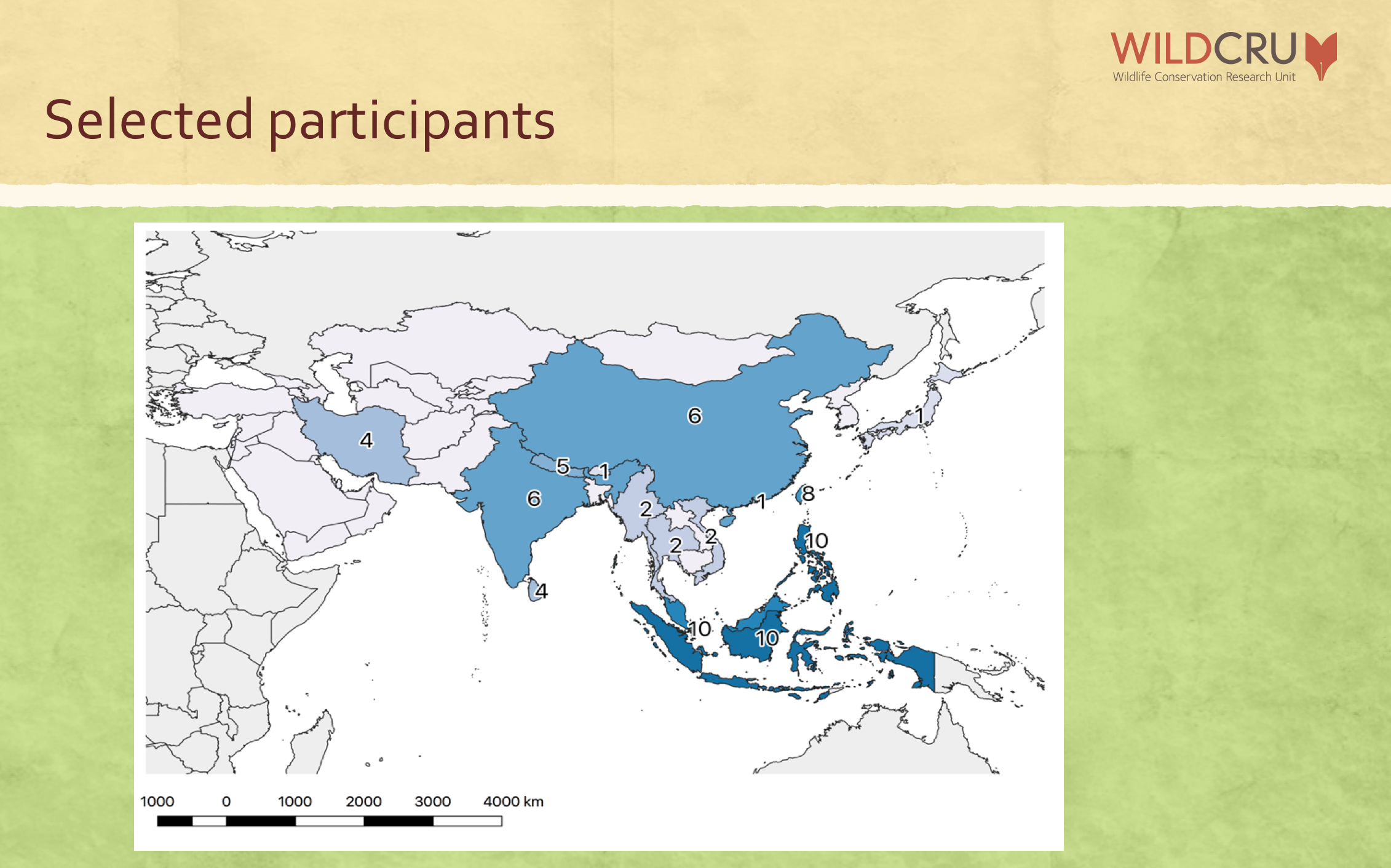
Parts of the course were conceived in 2016 when several of the modules were developed and taught by Dr. Lucy Talents. Subsequently, these modules were taken to greater heights with innovative teaching methods such as games, interactive videos, and problem-based learning. Students had to collaboratively tackle a real-life situation (such as an invasive species attack), using their newly learned skills. Along the way, they were challenged to create items to showcase what they have learnt, these included comic strips, word clouds and videos. Further, new modules such as creating games and creating videos equipped our conservationists with novel ways of communicating their research, paving the way for impact-driven research.

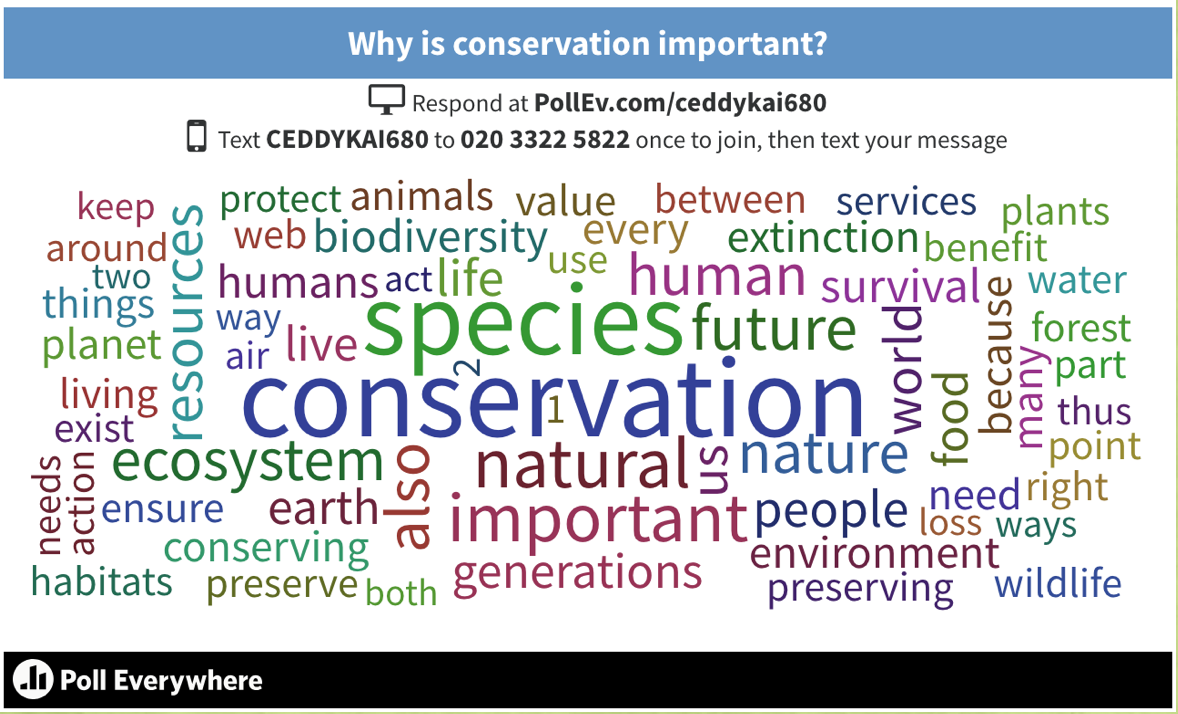
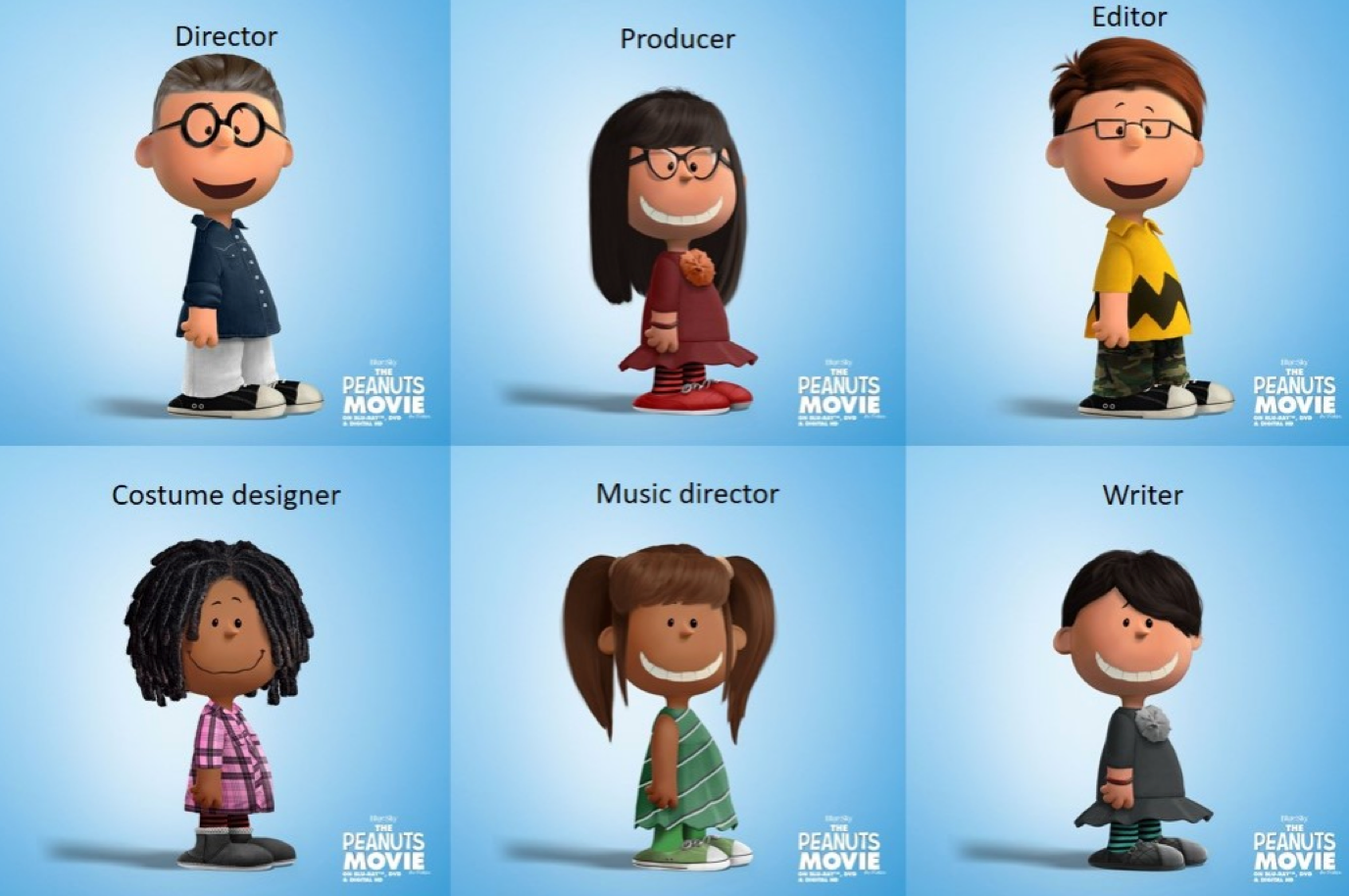
Our mentorship program also made the course interactive. Mentors were participants of past face-to-face courses such as the Diploma and Wildlife Conservation Course, as well as academics at WildCRU. By providing opportunities for small group teaching, this network of mentors helped build capacity among conservationists from different parts of the world. It also enabled the nurturing of a new generation of trainers in conservation.
Many of the participants of the course had positive remarks to share.

“I have learned so many skills and knowledge” – Rahmia, Indonesia
“Great and stimulating experience!” – Alicia, Malaysia
“This course has not only made my understanding of concepts more solid but it has also made me feel competent” – Rohit, India
“Teaches me to showcase your work to the world and make an impact where it matters” – Rushan, Singapore
One of the participants also wrote a blog complimenting the course.
Not only do we collect feedback, we conduct research on the effects of the different teaching methods within the course and currently examining what types of teaching method best motivates the student and help them learn more effectively.
This year, we are bringing the eLearning course to conservationists based in Africa. We aim to train two conservation biologists from each major national park.
“With eLearning, we are hoping to reach out to more inspiring conservationists who may not have the time and financial resources to attend training. The learning is made enjoyable and challenging so as such to better engage students in participatory learning and in tackling real-world issues.” said Dr Tan.






